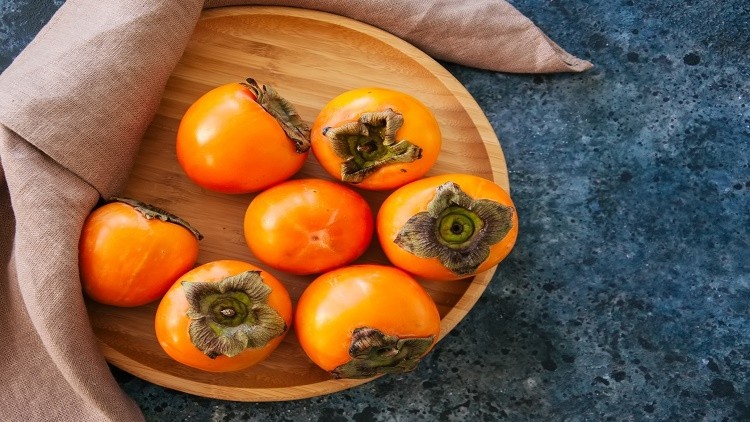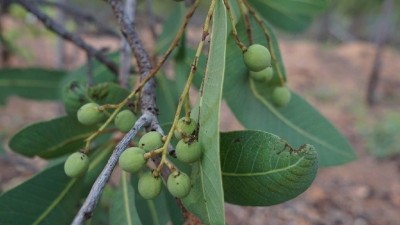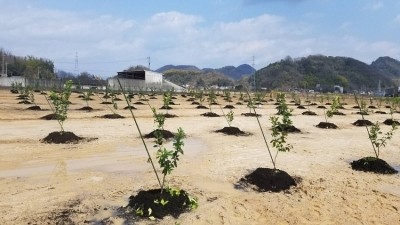Thaifex 2019
Japan’s Wakayama prefecture seeks to expand fresh produce exports to SEA amid ageing home market

Known as the “fruit kingdom” in Japan, the prefecture is the largest producer of persimmons, mandarin oranges and plums in the country.
Speaking to FoodNavigator-Asia at THAIFEX-World of Food Asia 2019 trade fair held in Bangkok last week, Takayuki Miyazaki, project manager from the Food Promotion Division at Wakayama Prefectural Government, said that while nearly 99% of its fresh fruits produced served the local market, the ageing population in Japan meant that there was a greater need to seek export markets.
“The market in Japan is still large, but because of the ageing population, we have to find new markets in other countries. If we cannot sell the products, it is a big problem, a big issue. We want to find new markets,” Miyazaki said.
Within Japan, fresh fruits farmed from the prefecture are primarily consumed in neighbouring Osaka.
“Wakayama is close to Osaka, so historically speaking, people in Osaka eat a lot of fruits from Wakayama, and of course we transport products to Tokyo and Hokkaido for example.”
Due to the ease of export regulations, Hong Kong and Singapore are its main fresh fruits importing markets. Since last year, mandarin oranges and plums from the prefecture are available in Singapore’s Don Don Donki and Meidi-Ya respectively.
To sell more fresh fruits, for example, they also work with the stores to teach consumers how to make wine from plums.
“It is easier to export to Hong Kong and Singapore, because of the ease of regulations...For Thailand, we are already exporting persimmons to the high-end supermarkets.
“But recently, the regulations have turned stricter. We need to register the address of our packing houses and production sites in Japan when we are exporting the products.”
He said that the prefectural representatives were attending the trade fair for the first time, and five food processing firms with business ranging from mandarin orange juice, gelato, and plum wine came along as part of the entourage.
As for China, Asia’s biggest market, he said that export of fresh fruits was banned due to regulations and food firms could only export processed products, such as sake.
Ageing farmers
The ageing population in Japan also means that there is a manpower crunch in the agricultural sector.
Miyazaki said that the average age of farmers in Wakayama prefecture was 70 years old and the situation was made worst by the younger generation’s aversion towards joining the sector.
While he said that the supply and demand of agricultural products in Japan was “meeting together”, the balance remained unpredictable in the future.

















